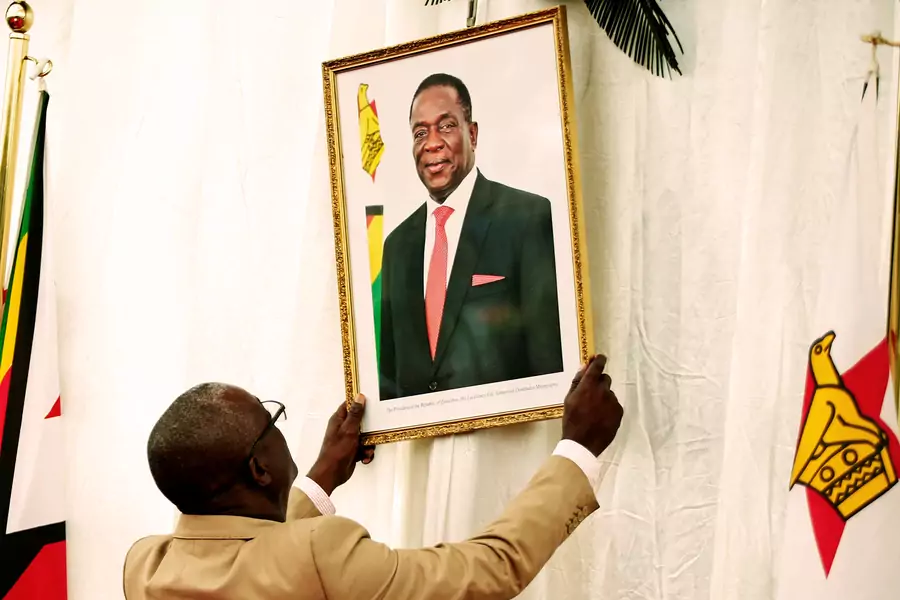Zimbabwe Cabinet Appointments Disappoint

Friends of Zimbabwe hoped that President Emmerson Mnangagwa’s cabinet appointments would signal a shift away from the tyranny of deposed president Robert Mugabe. Instead, Mnangagwa’s appointments have signaled continuity, not change. No members of the opposition were included, and the most important positions went to military personalities. The foreign minister will be General Sibusiso Moyo, who announced the coup against Mugabe while insisting that no coup had taken place. Air Marshal Perence Shiri, the head of the air force, is to be minister of agriculture and land affairs. Like Mnangagwa, Shiri was deeply involved in the massacre of Ndebele in the 1980s. However, Mnangagwa is showing some flexibility. In the face of public outcry from the teachers’ unions, he cancelled the appointment of Lazarus Dokora and replaced him with Paul Mavina, and he also annulled his appointment of Clever Nyathi as labor minister in favor of Petronella Kgonye. It is not clear, however, whether Nyathi has been demoted. He has been appointed special advisor to the president for peace and reconciliation, an area in which he has professional expertise. While Kgonye has been involved in controversial land deals in the past, Zimbabwe’s constitution and political practice calls for consideration of gender, and Kagonye is a woman.
On the positive side of the ledger, a Zimbabwean court acquitted Evan Mawarire of charges of “subverting” the government. His #ThisFlag movement had organized large-scale protests against the Mugabe regime. Observers were watching his trial as an indicator of whether the Mnangagwa regime would respect the independence of the judiciary. It is too early to draw any conclusions regarding the Mawarire acquittal, but it is still a good sign.
More on:
Thus far, the Mnangagwa regime appears to be a continuation of Mugabe’s, albeit with slightly more flexibility. Mugabe and his ZANU-PF retains popularity in the rural areas, if not in the cities. If Mnangagwa introduces even a few reforms that are immediately visible and impact positively on daily life, ZANU-PF may win credible election when they are next held. An example might be Mnangagwa’s making permanent the replacement of police by the army at checkpoints. The police generally demand bribes, the army does not—at least up to now.
More on:
 Online Store
Online Store